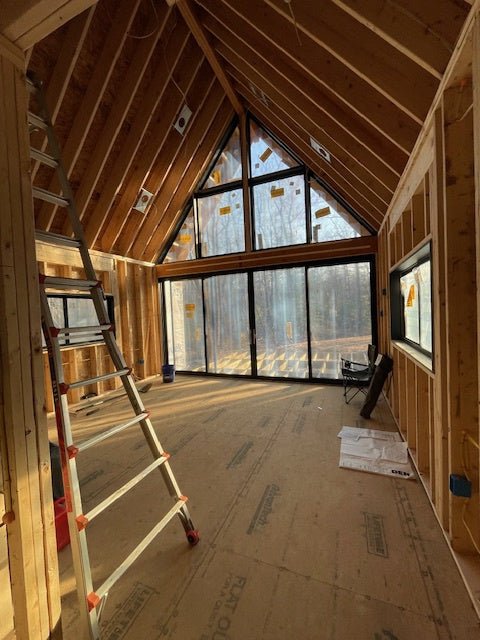
How You Can Budget for Building a House
by Michael Romanowicz
·
Embarking on the journey to build your own home is exciting… and overwhelming. One of the first and most crucial steps is figuring out your total budget. Without a clear financial plan, unexpected costs can derail your dream. Let's walk through how you can establish a realistic budget for your project:
Evaluate Your Financial Capacity
Start by assessing your current financial situation. Calculate your savings, monthly income, and any existing debts. For example, if you have $50,000 in savings and a steady income, you might allocate a portion for the down payment and keep some for emergencies. Use budgeting tools like Mint to help you get a clear picture of your finances.
Identify All Potential Costs
Make a comprehensive list of all the expenses you might incur. This includes:
- Land acquisition: The price of land varies greatly depending on location. For instance, a plot in a suburban area might cost $100,000, while rural land could be significantly less.
- Construction costs: Materials and labor can add up. If you're building a 2,000-square-foot home at $150 per square foot, that's $300,000. You can get a sense of how much it costs to build a DEN on a state-by-state basis here.
- Permits and fees: Don't overlook building permits, which can range from $1,000 to $5,000 or more, depending on your location.
- Utilities: Connecting electricity, water, and sewage can cost several thousand dollars. In many places, this cost can exceed $10,000. Finding a plot of land that already has utility connections is an incredible way to optimize down cost.
- Unforeseen expenses: Set aside at least 10-15% of your budget for surprises.
Seek Professional Guidance
Consulting professionals can save you time and money. Reach out to a financial advisor who can help you understand your borrowing capacity. Architects and builders can provide detailed quotes based on your plans. That’s why we offer our Planning Package.
Establish a Contingency Fund
Unexpected costs are virtually inevitable. Maybe the soil on your land requires special foundation work, or perhaps material prices increase (as they have significantly over the last four years). Setting aside a contingency fund—say, 15% of your total budget—can cushion these surprises.
Monitor and Adjust Your Budget
Throughout the project, keep a close eye on your spending. Use apps like BuildBook to track expenses and project progress. If you notice you're overspending in one area, you might need to adjust your plans elsewhere.
Overall Takeaway on Budgeting
Determining your total budget is not just about crunching numbers; it's about making informed decisions to turn your dream into reality. By thoroughly evaluating your finances, planning for all costs, and setting aside funds for the unexpected, you'll be well on your way to building your dream home without financial stress.